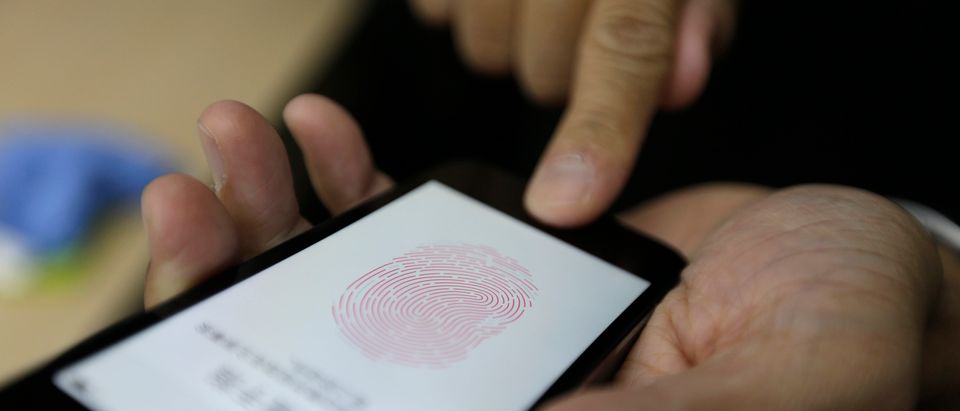The DNA Fingerprint Act of 2005 (“the DNA Act”) passed through Congress with virtually unanimous support. That’s because it was, and still remains, a wise policy choice.
Nevertheless, the Trump administration is now being criticized for a rule that would ensure the Department of Homeland Security (DHS) complies with the applicable statutes on the collection of DNA from federal detainees. Those criticisms are wholly without merit.
A confusing patchwork of federal laws requires that DNA samples be taken from suspects implicated in a number of federal crimes. However, the DNA Act eliminated that confusion, mandating that the federal government collect DNA from all federal detainees. But DHS agencies aren’t complying with the law.
Citing a lack of resources, the Obama administration temporarily exempted individuals in DHS custody from the collection requirements of the DNA Act. However, the temporary exemption was never repealed. And both U.S. Customs and Border Protection (CBP) and U.S. Immigration and Customs Enforcement (ICE) continue to cite it as a current explanation for their failure to collect DNA from immigration detainees.
As a result, numerous aliens accused of violent crimes have been released into American communities. This exemption also allowed alien smugglers to exploit foreign children, posing as family units and benefitting from the lax detention rules applicable to alien parents with kids — a practice known as “family unit fraud.” Responding to federal whistleblower complaints about failure to comply with the DNA Act, the U.S. Office of Special Counsel noted that, “CBP’s noncompliance with the law has allowed criminal detainees to walk free,” and cited the, “significant public safety and law enforcement implications at issue.”
Faced with a clear threat to the American public, the Trump administration acted decisively. It proposed a new regulation that would eliminate the Obama-era exemption and set out clear guidelines for the collection of DNA from foreign nationals in DHS custody.
But open borders advocates are hysterically claiming that President Trump is turning the federal government into “Big Brother” and opening a “window to a dystopian future.” According to the naysayers, the government is on dangerous ground and risks violating the Fourth Amendment privacy rights of illegal aliens, visa overstayers and other immigration violators. In addition, they assert that DNA analysis just isn’t reliable. That’s a bunch of hogwash.
Criminal defense attorneys made the same arguments when fingerprinting first became common in the early 20th century. And those contentions failed to persuade the Supreme Court. In United States v. Kelly, the court observed, “We find no ground in reason or authority for interfering with a method of identifying persons charged with crime [e.g. fingerprinting] which has now become widely known and frequently practiced.” In plain English, that means the court believed that fingerprinting was a reasonable, reliable identification method that is minimally intrusive.
Collecting DNA from aliens who wish to conceal their identity is no different. Modern methods for taking DNA samples are comparable to procedures for capturing traditional fingerprints. And DNA analysis has now become a common, scientifically accepted method for identifying individuals.
The Kelly court noted that fingerprint evidence “can really be objected to only because it may furnish strong evidence of a man’s guilt.” Likewise, the main protest about collecting DNA samples from detained aliens appears to be that doing so will make it harder for immigration violators to escape responsibility for criminal acts.
Far from opening a window to a dystopian future void of civil rights, the Trump administration is actually meeting its constitutional responsibility to faithfully implement the DNA Fingerprint Act of 2005 is, as written by Congress. And that merits high praise, not baseless criticism.
Matt O’Brien is director of research at the Federation for American Immigration Reform (FAIR), a nonprofit group advocating for legal immigration.
The views and opinions expressed in this commentary are those of the author and do not reflect the official position of The Daily Caller.












